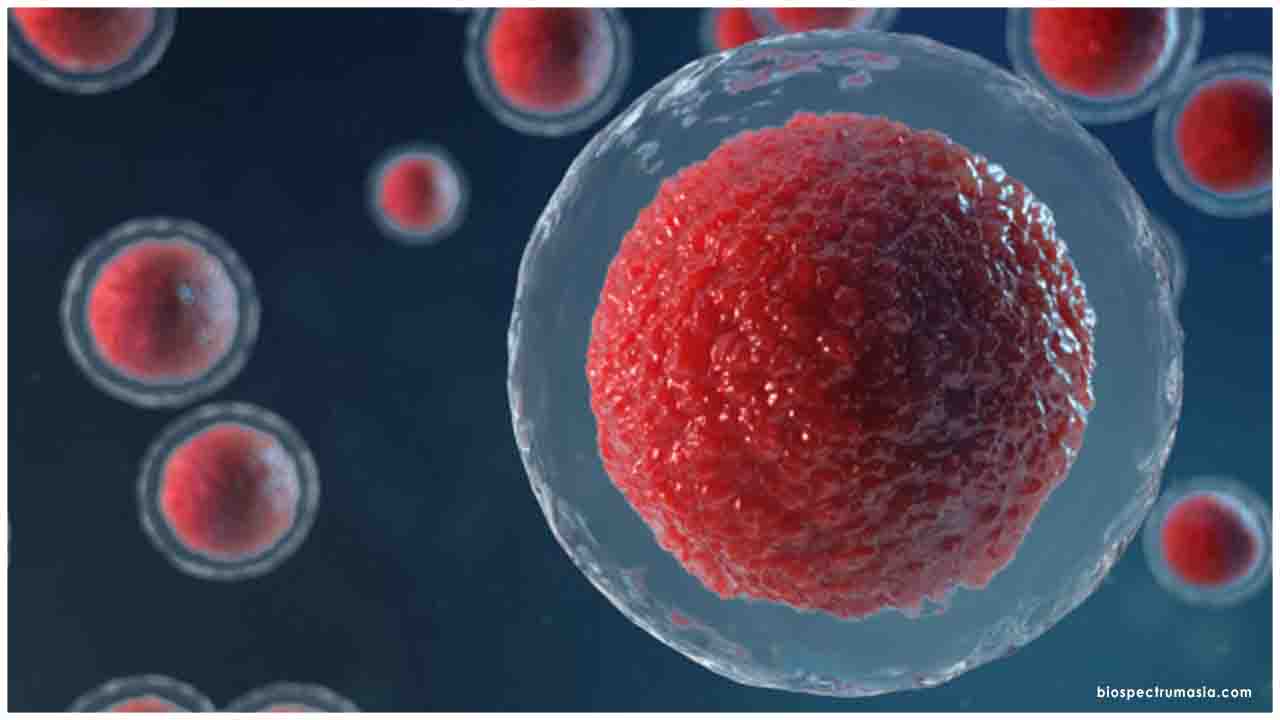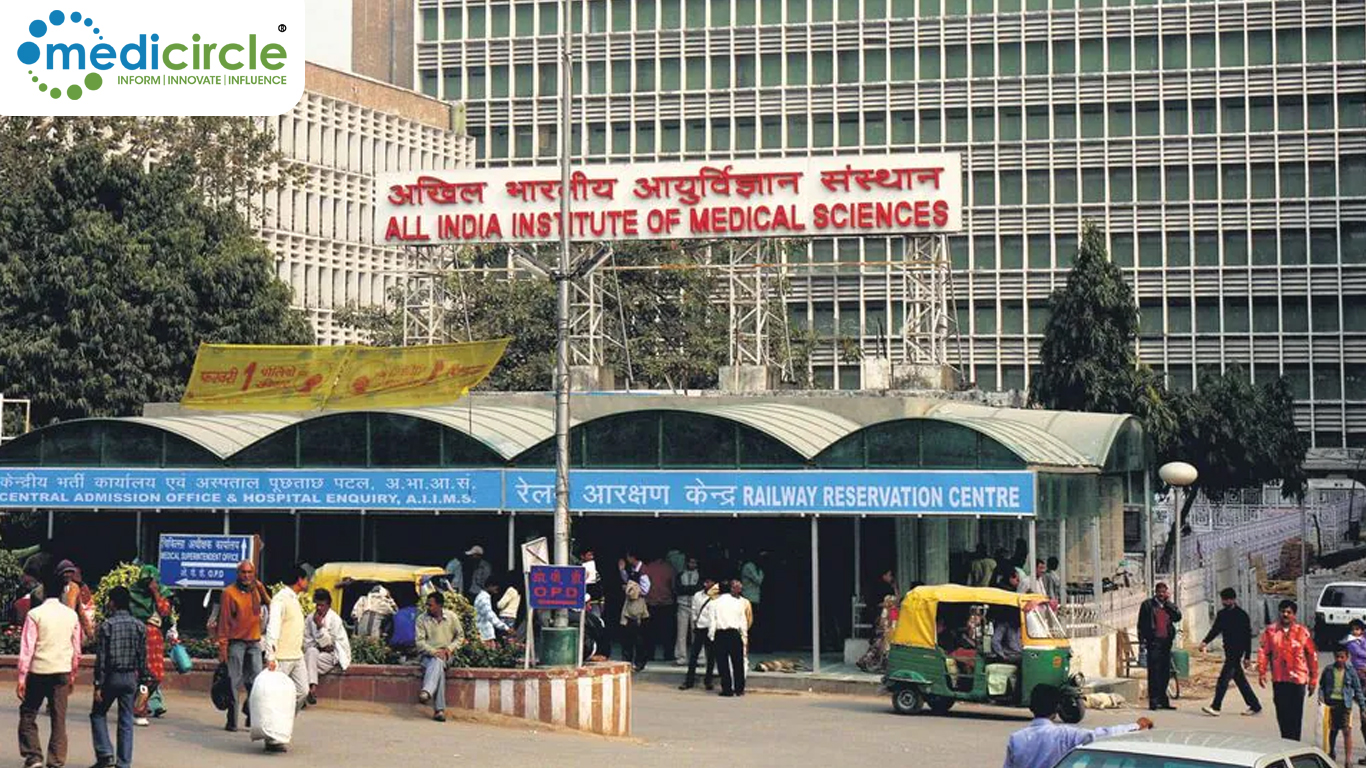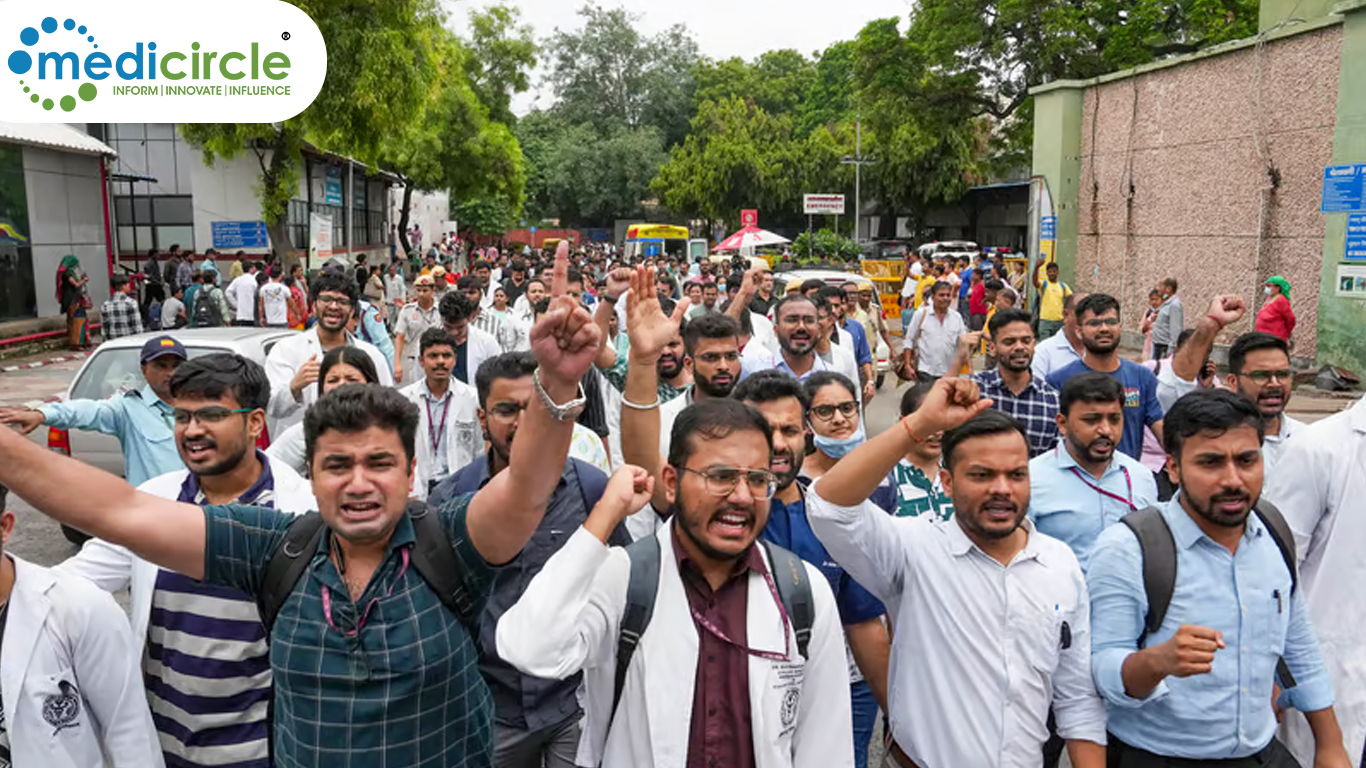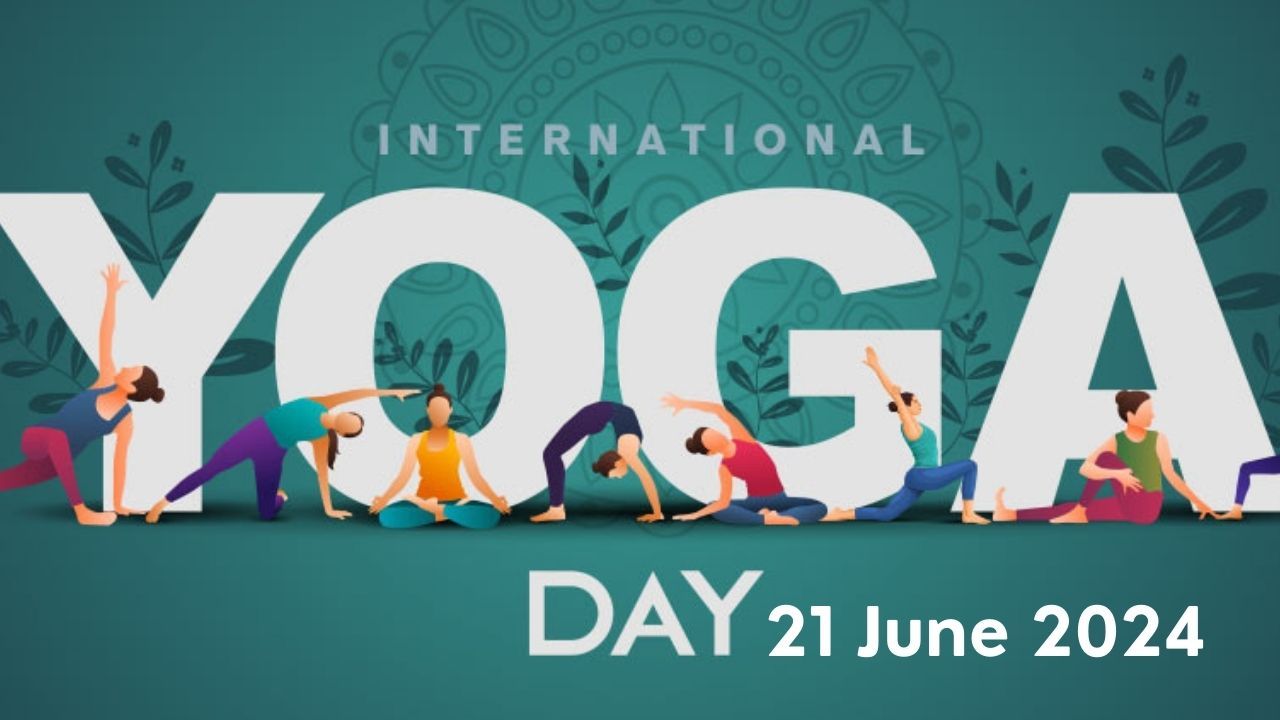The COVID-19 pandemic has left many people with serious medical conditions, such as heart failure, feeling fearful about coming into the hospital for treatment. A recent study showed a 40 per cent drop in patients seeking medical care for serious heart attacks over the last few months. If left unaddressed, the condition may turn into heart failure, which may limit treatment options even further. Doctors are urging patients not to delay treatment.The good news is that clinical trials for heart disease are underway, studying cutting-edge treatments for heart failure that may be a good option for these patients.
One such treatment being studied uses a patient’s own cells to promote healing of the heart after a heart attack that has progressed to heart failure. The CardiAMP cell therapy is designed for patients suffering from heart failure who feel tired and breathless despite taking regular medications, and who have had to limit their everyday activities as a result. Previously published studies of this type of cell therapy have shown meaningful and sustained improvements in quality of life and heart function for patients with few risks.
"Heart failure patients who continue to have symptoms despite a course of optimal medications often seek a minimally invasive treatment as an alternative to open heart surgery. We look forward to studying the potential of this cell therapy to improve heart function and quality of life," said Dr Natasha Altman, cardiologist and principal investigator of the CardiAMP Heart Failure Trial at UC Health University of Colorado Hospital.
For the treatment, doctors extract cells from a patient’s own bone marrow, process them at the point of care and deliver them to the damaged area of the heart in a minimally invasive cardiac catheterization procedure. Researchers emphasize that the bone marrow cells do not turn into new heart tissue cells; instead, they are designed to stimulate the body’s natural healing process in the heart.
Pete Hagerstrom, a 73-year-old from Colorado Springs who had a previous quadruple bypass to treat his heart failure, was the first patient in his state enrolled in the ongoing USFDA-approved clinical study of the therapy.Participants who qualify for the study are randomly placed into a treatment group or a control group. While Mr. Hagerstrom will not know until the end of the study if he received the cell therapy, he feels better after participating in the trial.
"Everything is easier. I can walk three miles in about 45 minutes, and it takes a lot less time to garden and shovel snow."The CardiAMP Heart Failure Trial will include up to 260 patients at 40 medical centers nationwide.Unlike similar studies, this trial tests a patient’s bone marrow before treatment, in order to identify those patients who are most likely to benefit from treatment. Patients may be candidates for the CardiAMP Heart Failure Trial if they have heart failure as a result of an earlier heart attack and have symptoms that are classified as New York Heart Association Class II or III.

 The cutting-edge treatments for heart failure that may be a good option for these patients
The cutting-edge treatments for heart failure that may be a good option for these patients







.png)

.jpg)










.jpeg)

.jpeg)










.jpg)




.jpg)

